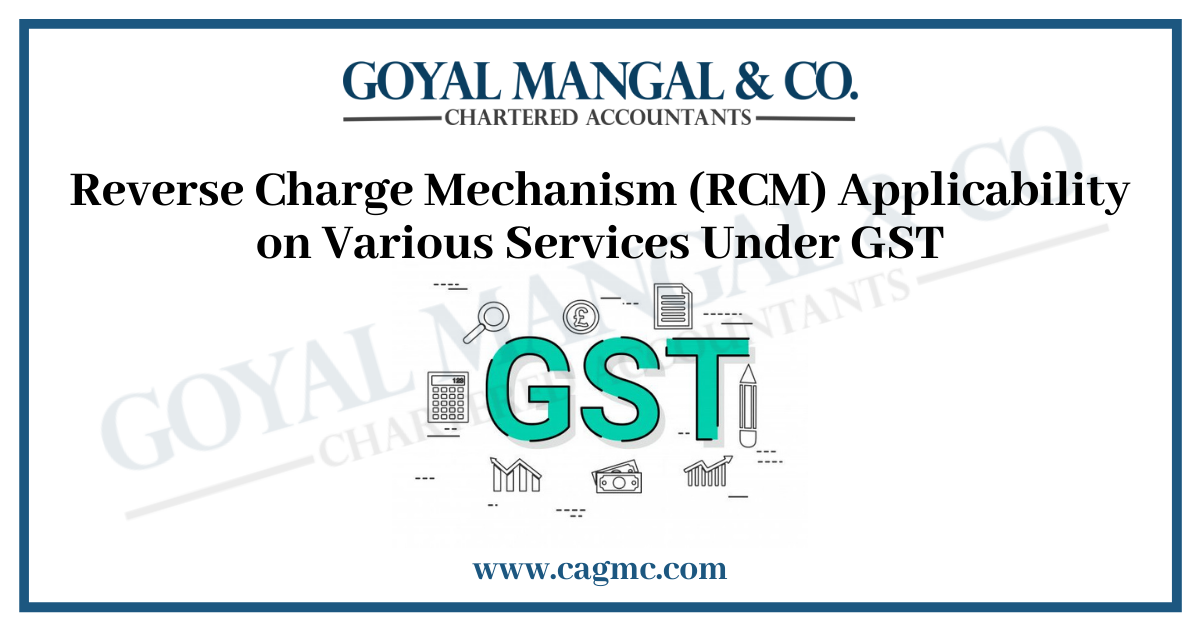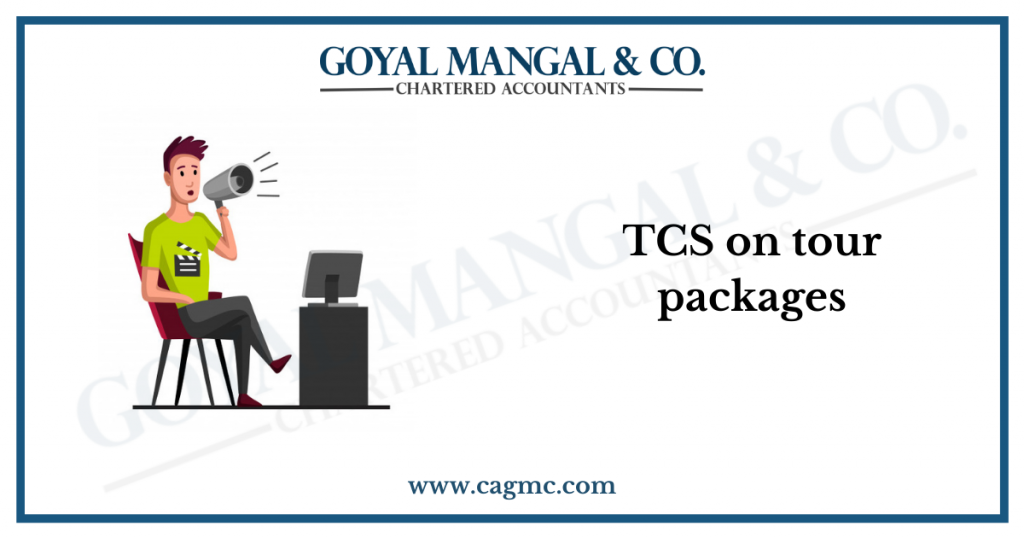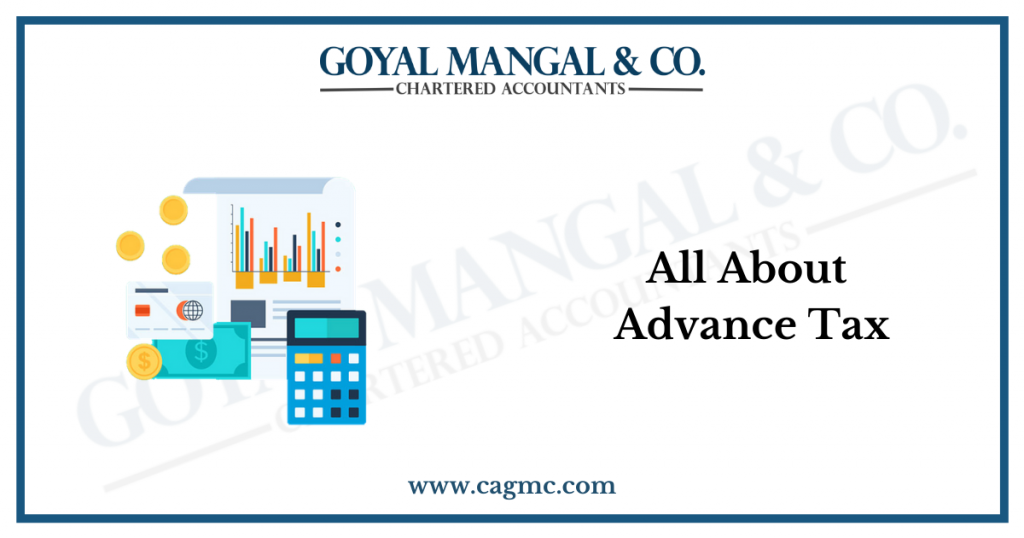
GST brought various changes to the taxation scene in the country. From the earlier practice of origin based taxation, GST was destination based tax. GST is a single tax regime for both goods and services. However, just like Service Tax there are two mechanisms to levy tax in GST also, i.e. Forward Charge Mechanism and Reverse Charge Mechanism. In this article we will discuss about Reverse Charge Mechanism in GST. Under GST Reverse Charge Mechanism, the person liable to pay tax is the receiver of supply. We will discuss about other aspects in detail as we proceed further.
What is Reverse Charge Mechanism?
In normal scenario, GST is paid by the supplier of goods/services, however in case of Reverse Charge Mechanism it is paid by recipient of goods/ services. The reason for having Reverse Charge Mechanism is that-
- The cases where RCM is applicable are mostly the cases where supplier is either unregistered or very small business entity or cases compliance will be an issue and also most of them may be having no eligibility to register. In such scenarios government will lose revenue. However, with RCM the liability is imposed on big corporate or big business where the collection of tax will not be a problem.
- Also in cases like import, the tax cannot be recovered from supplier as he is located outside India. However, recipient is in India and he can bear the tax.
When to levy GST under Reverse Charge?
As per law, two types of reverse charge scenarios are provided. One is on the basis of nature of supply and/or nature of supplier and other is when a registered person receives supply from unregistered person.
- List of specified goods/services as notified by CBIC from time to time– CBIC has notified list of goods and services which are covered under Reverse Charge Mechanism. This list specifies the nature of supply and nature of supplier and receiver. The list of supplies is available on CBIC website.
- Supply of goods/services by an unregistered supplier to registered recipient– As per law, when a registered dealer receives supply from an unregistered dealer the recipient is liable to pay tax.
- The per day transaction of up to Rs.5000/- was exempted from this levy, although it was practically difficult to monitor.
- There were several notifications from time to time and the applicability of this notification was deferred from time to time.
- The last notification in this regard had deferred the applicability till 30.09.2019
- However, on 01.02.2019, the notification about levying reverse charge itself was rescinded.
Responsibility of Supplier and Recipient under GST RCM.
- In Case of Supplier
- All invoices should mention whether RCM is applicable or not, so supplier should include it in the invoice.
- The supplier in not eligible for Input Tax Credit.
- The supplier has to maintain proper record, as to what supplies are covered under RCM.
- In case of Recipient
- The recipient for all purposes will be considered as the person liable to tax.
- He has to prepare payment voucher.
- As there is no threshold limit applicable for supplies under RCM, the registration is compulsory to be taken.
- The records should be properly maintained for supplies covered under RCM.
- Any amount payable under RCM has to be paid by debiting the Electronic Cash Ledger.
- The advance paid for supplies under RCM is also liable to tax; therefore, the tax should be paid on such advance also.
- Invoice level information should be given in table 4B of GSTR-1
GST Reverse Charge Mechanism in some specific industries/cases
- GTA Service
- This is the service provided by Goods Transport Agency for transportation of goods and services.
- In Service Tax Regime, this service was under 50%/50% system, that is both recipient and provider were supposed to bear the tax.
- However in GST, there is no concept of tax sharing, tax is levied either on the recipient or the provider.
- So in this case where the service recipient is a non-government entity i.e. any factory, society, co-operative society, registered person, body corporate, partnership firm, casual taxable person.
- The recipient should be located in taxable territory.
- However, where the GTA choose to pay 12% tax on forward charge mechanism basis, recipient need not pay the tax.
- Service supplied by person in non-taxable territory to person in taxable territory
- This includes import of service from foreign countries.
- The importer needs to pay tax under Reverse Charge Mechanism
- Real Estate Sector
- In case of real estate sector, it was made mandatory that the builder should purchase at least 80% of the stock from registered persons.
- If the purchase shortfalls from 80% then tax @18% should be paid by the builder on such shortfall.
- However in case of cement, output tax will be payable at 28%, and for other capital goods applicable rates will be levied.
- The output tax rate was reduced to 5%. The rate was reduced to 1% in case of affordable housing.
- The transfer of development rights by owner to developer were also brought under RCM and developer is liable to pay GST under RCM on same.
- E-Commerce Sector
- E-Commerce operator under GST Law is a person who owns or maintains a digital platform / electronic facility for electronic commerce.
- The E-Commerce Operators are not eligible for threshold limit; therefore registration is compulsory for them.
- There are certain listed services where the E-Commerce operators are required to pay tax on reverse charge basis.
- Transportation of passengers by taxi/cab etc. e.g. Ola, Uber.
- Providing accommodation in hotels, inns, lodge etc for residential or lodging purpose. E.g. Oyo, Treebo, Goibibo etc. RCM applicable only when original supplier is not eligible for registration.
- Services by way of manpower i.e. housekeeping, plumbing and carpenter etc. e.g. Urban Clap. RCM applicable only when original supplier is not eligible for registration.
Important Provisions for GST RCM
- Registration
- Registration is compulsory for person required to pay tax under reverse charge mechanism.
- Threshold limit of Rs.20 lakhs /Rs.10 lakhs (for specified states) is not applicable to them
- Time of Supply
Time of Supply means when supply is liable to GST.
- In case of Goods, it will be earliest of
- Date when goods are received
- Date of payment as per books of account/bank statement (whichever is earlier).
- Date after 30 days of issue of invoice.
- In case of Services, it will be earliest of
- Date of payment as per books of account/bank statement (whichever is earlier).
- Date after 60 days of issue of invoice.
- If it is not possible to determine time of supply as per above, then time of supply will be date of entry in books of recipient.
- Input Tax Credit
- The supplier cannot claim input of the tax paid.
- Recipient of Supply, i.e., person liable to pay tax can claim the input of tax paid.
- Input tax credit cannot be used for paying tax under reverse charge as it is payable only on cash basis.
Conclusion
Reverse charge mechanism enables government to regulate practices in various sectors where collection of tax from separate suppliers may prove to be difficult task. In above article we have discussed in detail about provisions relating to GST under Reverse Charge Mechanism, and also about its applicability in certain specific sectors. . It can be seen that in case of GST Reverse Charge Mechanism, recipient will be considered as person liable to pay tax and all provisions of the act will apply to him as are applicable to supplier, i.e. he will step into the shoes of supplier.


